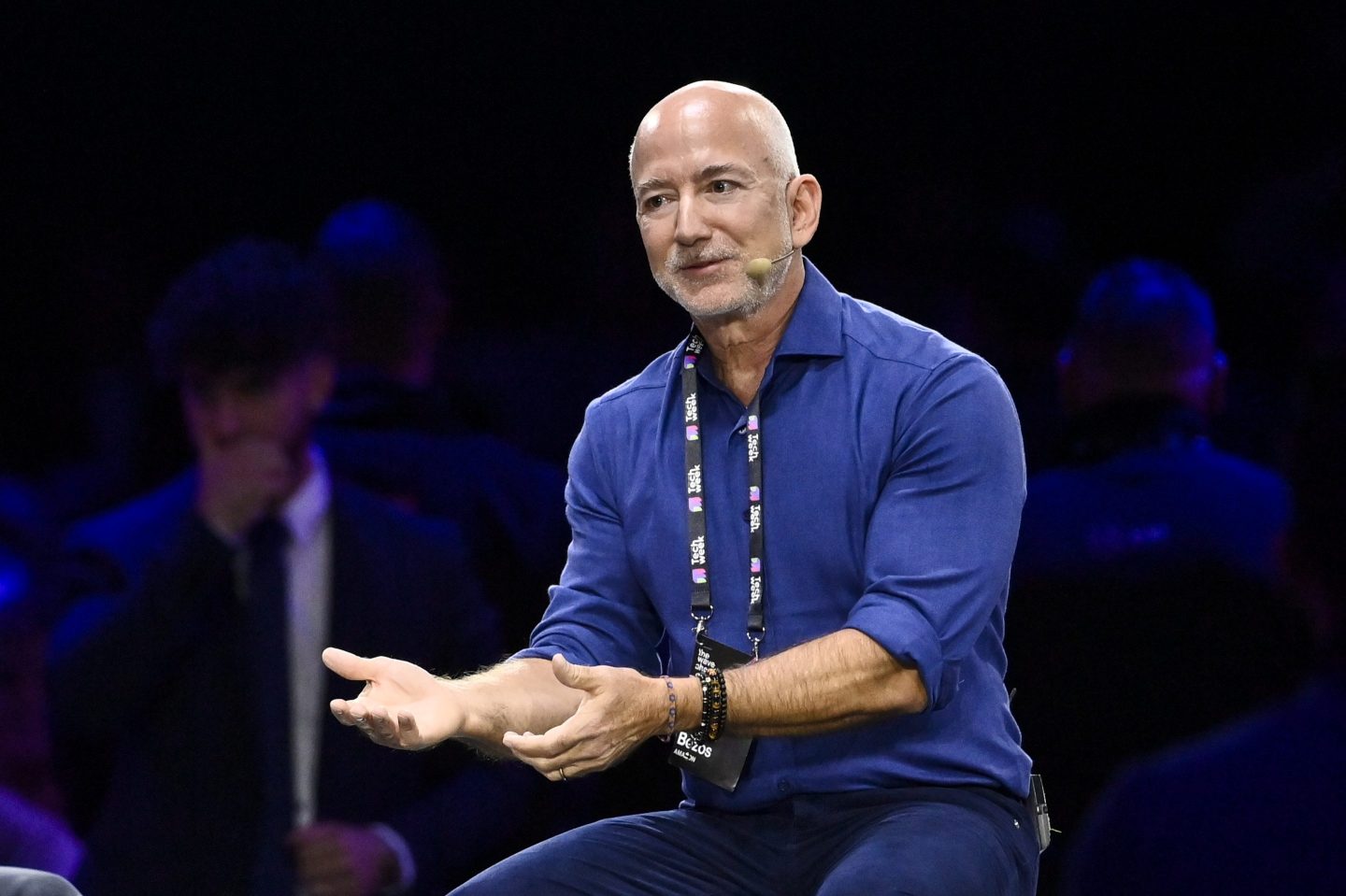Iran’s nuclear capabilities have been the subject of global hand-wringing for more than two decades. While Iran’s leaders long insisted the country was not building nuclear weapons, its enrichment of uranium and history of deception created deep mistrust. After more than two years of negotiations and threats to bomb the country’s facilities, Iran and world powers agreed in 2015 to settle the dispute. The deal set limits on the Islamic Republic’s nuclear work in exchange for relief from economic sanctions that crimped oil exports and hobbled its economy. However, on May 8, U.S. President Donald Trump announced that he was withdrawing the U.S. from the agreement, creating uncertainty over whether the constraints on the Iranian program would hold.
The Situation
Trump had called the pact the “worst deal ever” and had repeatedly threatened to upend it one way or another. Under the agreement − which was signed by Iran, the U.S., China, France, Russia, Germany, the U.K. and the European Union − Iran maintains the ability to enrich uranium for peaceful purposes. It retains about 5,000 centrifuges capable of separating the uranium-235 isotope from uranium ore. For 15 years, it agreed to refine the metal to no more than 3.7 percent enrichment, the level needed to fuel nuclear power plants, and pledged to limit its enriched-uranium stockpile to 300 kilograms, 3 percent of its stores in May 2015. The International Atomic Energy Agency verified that Iran eliminated its stockpile of 20 percent-enriched uranium, which can be used to make medical isotopes and to power research reactors but could also be purified to weapons-grade at short notice. Inspectors also confirmed that Iran destroyed a reactor capable of producing plutonium. Subsequent IAEA assessments since the deal took effect found Iran sticking to its obligations. U.S. officials estimated that the pact extended the time it would take Iran to produce enough fissile material for a bomb from a few months to a year. Trump says that, because of its sunset clauses, the deal will “give” Iran nuclear weapons. He also objects that Iran’s long-range missile program was not curtailed by the agreement. In retreating from the deal, he said he would reinstate financial sanctions on Iran that were lifted under the accord.
The Background
Iranian statements and international contacts with Pakistani scientists prompted the U.S. Central Intelligence Agency to warn in 1992 that the Persian Gulf country could develop a nuclear weapon. While Iran reaffirmed its commitment to the 1968 nuclear Non-Proliferation Treaty, it wanted the country’s “right” to enrich uranium recognized before it made concessions. Few countries were prepared to do that during the eight-year presidency of Mahmoud Ahmadinejad, who threatened Israel with destruction. The breakthrough came after more moderate President Hassan Rouhani was elected in 2013.
The Argument
Middle East powers including Israel and Saudi Arabia have criticized the agreement, saying it empowers Iran’s theocratic regime to the detriment of regional security. Critics in the U.S. Congress say Iran can’t be trusted to make any fissile material, whether for energy, medicine or bombs. Skeptics aren’t satisfied by IAEA verification. They point out that Iran only acknowledged its two main uranium enrichment plants after they were exposed by people outside the country. Supporters of the deal say Iran would never agree to abandon enrichment entirely and that a decade’s worth of sanctions failed to stop its nuclear program. Keeping an enrichment capability was important to Iran, presumably for reasons of national pride. Like other enriching countries such as Argentina, Brazil, Japan and South Africa, the technology gives Iran the ability to pursue nuclear weapons should it choose to break its commitments. Defending the agreement, Trump’s predecessor, Barack Obama, has said that it prevented another war in the Middle East. Without a deal, supporters say, Iran would have been left free to pursue its nuclear ambitions unchecked by world powers and without the pact’s onerous inspections.











